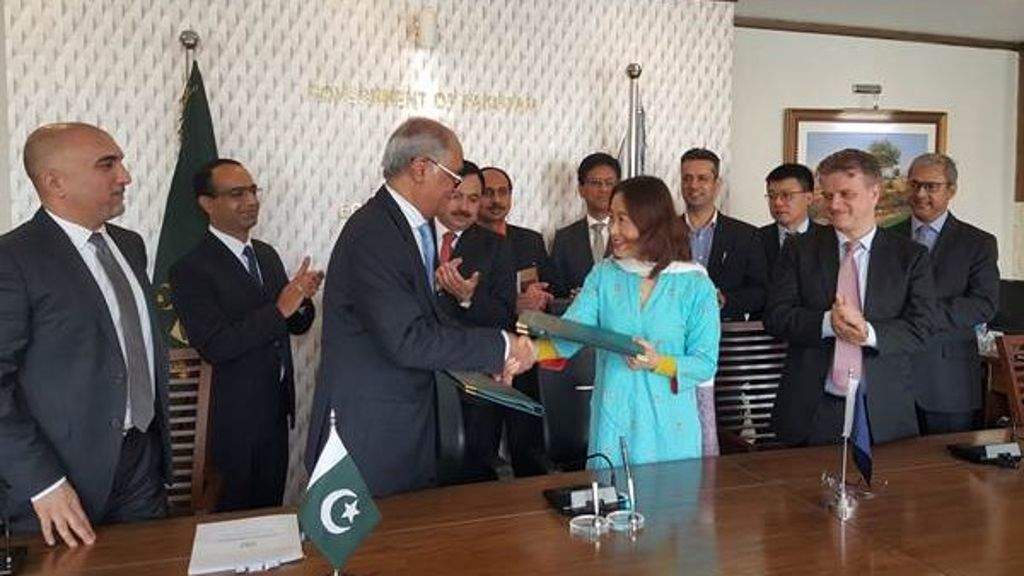
The Asian Development Bank (ADB) has signed an agreement with the Government of Pakistan to offer a loan of $260m to help improve the country’s power transmission network.
The deal is part of the Second Power Transmission Enhancement Investment Programme, which is aimed at improving coverage, reliability, transparency and quality of the power transmission service in Pakistan.

Discover B2B Marketing That Performs
Combine business intelligence and editorial excellence to reach engaged professionals across 36 leading media platforms.
The loan will be used to expand the 220kV transmission network in Sindh and Balochistan provinces, as well as upgrade the supervisory control and data acquisition (SCADA), in addition to revenue metering systems (RMS) in the country.
ADB Central and West Asia director general Werner Liepach said: “A reliable and strong transmission network is essential to ensure uninterrupted supply of power for the industry and to propel economic growth.
“ADB remains committed to work with the Government of Pakistan to develop a larger, stronger, smarter, and climate resilient power transmission network.”
It is reported that modernising the SCADA and RMS across the national grid is expected to allow real-time monitoring and control of the grid, while preventing losses, reducing power outages, and increasing grid stability and capacity.

US Tariffs are shifting - will you react or anticipate?
Don’t let policy changes catch you off guard. Stay proactive with real-time data and expert analysis.
By GlobalDataThe upgrade will also feed computerised metering data complying with the grid code into the system for settlement of the market operator, the Central Power Purchasing Agency (Guarantee) (CPPA-G), to streamline revenue collection, billing and payment processes, as well as create the foundation for an energy trading platform.
The power transmission network upgrade is also expected to help offtake power from new and renewable power plants to the national grid, as well as on the load centres, improving energy security in Pakistan.





